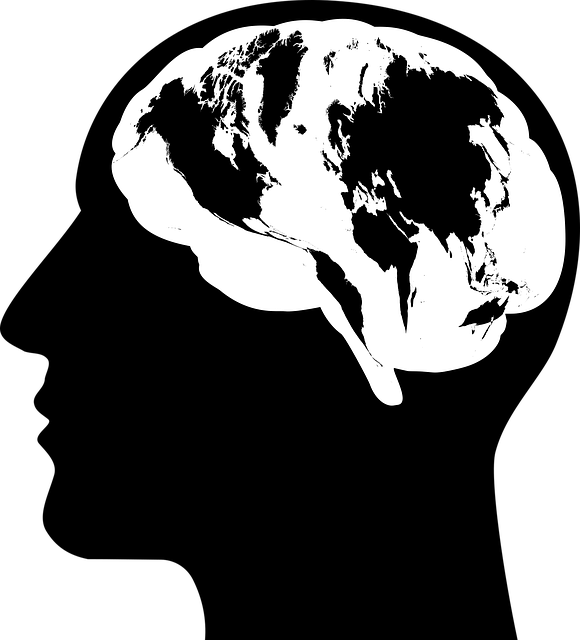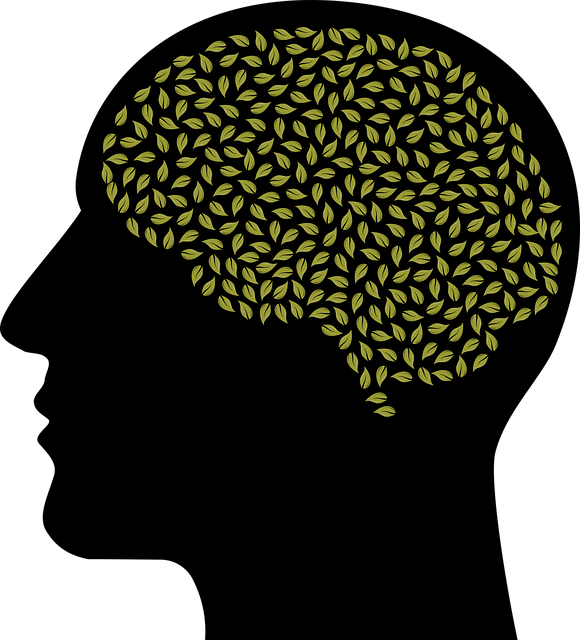Lakewood Obsessive Compulsive Disorder (OCD) therapy addresses the impact of OCD on daily life, relationships, and functioning, aiming to reduce community stigma. Early intervention through evidence-based practices like exposure and response prevention (ERP) is crucial for successful symptom management. The current mental health diagnosis landscape faces challenges due to complex symptoms, miscommunication, cultural barriers, and stigma. A multifaceted approach combining community outreach and advanced provider training, including Lakewood OCD therapy, improves diagnosis accuracy and facilitates early identification, leading to more effective treatment plans.
Mental illness diagnosis accuracy is a critical aspect of patient care, especially for conditions like Lakewood Obsessive Compulsive Disorder (OCD). This article delves into the complexities of OCD and its impact on individuals, exploring current challenges in diagnosis accuracy. We examine gaps and causes, from symptom ambiguity to professional training variations. Furthermore, we present comprehensive strategies to enhance diagnosis, emphasizing the role of advanced therapy techniques in improving Lakewood OCD treatment outcomes.
- Understanding Lakewood Obsessive Compulsive Disorder (OCD) and its Impact
- Current Challenges in Diagnosis Accuracy: Gaps and Causes
- Strategies for Enhancing Diagnosis Accuracy: A Comprehensive Approach
Understanding Lakewood Obsessive Compulsive Disorder (OCD) and its Impact

Lakewood Obsessive Compulsive Disorder (OCD) is a mental illness characterized by intrusive thoughts and repetitive behaviors that individuals feel compelled to perform. This disorder significantly impacts daily functioning, causing individuals to spend excessive time engaging in rituals designed to alleviate anxiety, often resulting in substantial burnout. OCD symptoms can range from mild obsessions and compulsions to severe cases where they consume every aspect of a person’s life, affecting their relationships, work, or school performance.
Understanding Lakewood OCD is crucial in the context of mental illness stigma reduction efforts. Educating communities about its impact fosters empathy and encourages individuals experiencing these symptoms to seek help without fear of judgment. Enhancing mental health awareness promotes early intervention, which is vital for effective management through various therapy modalities, such as exposure and response prevention (ERP) therapy, known for its efficacy in treating OCD. By addressing the disorder directly, these efforts contribute to improved diagnosis accuracy and ultimately better outcomes for those affected by OCD.
Current Challenges in Diagnosis Accuracy: Gaps and Causes

The current landscape of mental health diagnosis faces significant challenges, particularly when it comes to accuracy. One prominent issue is the complexity and wide range of symptoms associated with various mental illnesses, which can often overlap or present differently across individuals. This makes it difficult for healthcare professionals, especially in primary care settings, to differentiate between conditions accurately. For instance, a patient presenting with anxiety symptoms might be misdiagnosed as having an Obsessive-Compulsive Disorder (OCD) when the underlying cause could be stress or another unrelated mental health issue.
Further complicating matters is the fact that many individuals struggle to communicate their experiences effectively, leading to incomplete or ambiguous information for diagnosticians. Cultural barriers, stigma surrounding mental illness, and a lack of awareness about specific disorders also contribute to these gaps. For example, some people might not recognize or acknowledge symptoms of OCD, hindering self-disclosure and accurate assessment. Addressing these challenges requires a multi-faceted approach, including improving healthcare education, integrating community outreach programs that promote mental health literacy, and encouraging individuals to engage in self-care practices to better understand and communicate their experiences.
Strategies for Enhancing Diagnosis Accuracy: A Comprehensive Approach

Improving mental illness diagnosis accuracy requires a multifaceted approach that encompasses various strategies. One effective method is integrating community outreach programs that raise awareness about different disorders, such as Lakewood Obsessive Compulsive Disorder (OCD) Therapy, and reduce stigma associated with seeking help. These initiatives can facilitate early identification by educating the public and fostering open conversations around mental health.
Additionally, training healthcare providers in evidence-based practices like Social Skills Training has proven beneficial. This includes burnout prevention strategies to ensure professionals remain adept at assessing symptoms accurately without fatigue or stress compromising their judgment. A comprehensive approach that combines community engagement and advanced provider training significantly enhances diagnosis accuracy, ultimately leading to more effective treatment plans for individuals struggling with mental health conditions.
Mental health professionals’ efforts to enhance the accuracy of OCD diagnoses, such as Lakewood Obsessive Compulsive Disorder (OCD), are crucial. By understanding the specific challenges and implementing comprehensive strategies that include improved training, evidence-based assessment tools, and personalized treatment plans, we can ensure more effective Lakewood OCD therapy outcomes. This holistic approach ultimately benefits individuals struggling with this disorder, promoting better management and improved quality of life.














